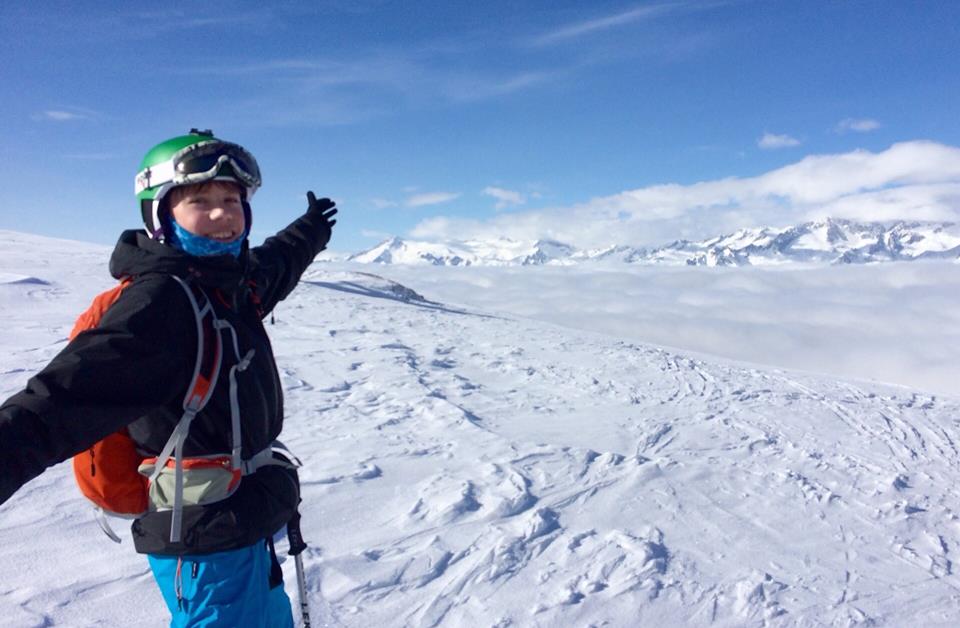Meet Krzyś, one of our first prize winners, and read his reflections on the application process!

Krzysztof Macierzanka lives in Gdańsk and is currently studying at Gdańskie Liceum Autonomiczne. He plays piano, is an avid skier, and loves reading crime and detective fiction. Academically, he is particularly interested in genetics and cytology. Krzysztof received the President of Gdańsk Scholarship for the 2015/16 academic year and is a Bronze CREST Award winner from the British Science Association Programme. He hopes to become a medical practitioner and to memorise all the ‘Friends’ episodes, to which he is glued.
|
I remember first finding out about the scholarship competition and not really realising the opportunity before me. I decided to apply about two weeks later, thinking that I have nothing to lose and knowing that it would be a fantastic experience for me, regardless of the outcome of my application. I usually leave things until the very last moment, and this was no exception. The weekend before the application was due I sat down and spent the whole of Saturday writing. Luckily, I was with the rest of my family at my grandparents’ house and therefore had a lot of people check my work and make sure that my answers were concise and thought-through. It was at school when I found out I got into the finals and it was during the two weeks that followed that the brunt of my research about LAS was carried out. Additionally, I had a couple of practice interviews with my dad so that I would be well-prepared for the actual one! These were two rather stressful weeks and I just wanted to get the interview out of the way, because I strongly felt I was ready. As it turned out, the first interview caught me completely off guard since we mainly talked about politics, the U.S. economy and Christmas tree sales in the UK! During the break, I really enjoyed getting to know the remainder of the five finalists who had qualified for the second round of the interviews. This allowed me to relax before the second, longer interview. The second interview turned out to be more what I had been preparing for although there were still some unexpected questions. Firstly, I was asked about my favourite interval in music and talked about playing the piano, which was an exciting topic. Then, a tough question came up and I had to explain why I would be the most prominent figure, even more than a Nobel Prize winner, at a school reunion 20 years from now. I answered that I had created an international healthcare network and I ended up talking about this for quite a while so I was very pleased with this off the top of my head idea. After the interviews, all I could do was wait. I was happy as I had given my best and would have accepted the jury’s decision no matter the result. Nevertheless, it was surreal to hear my name being read out at the award ceremony. Just as my parents, I am overjoyed at my success and I am extremely grateful for their help and support. |
